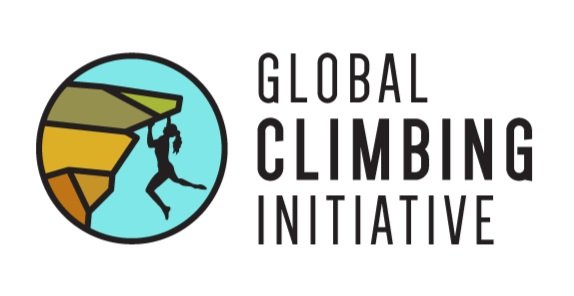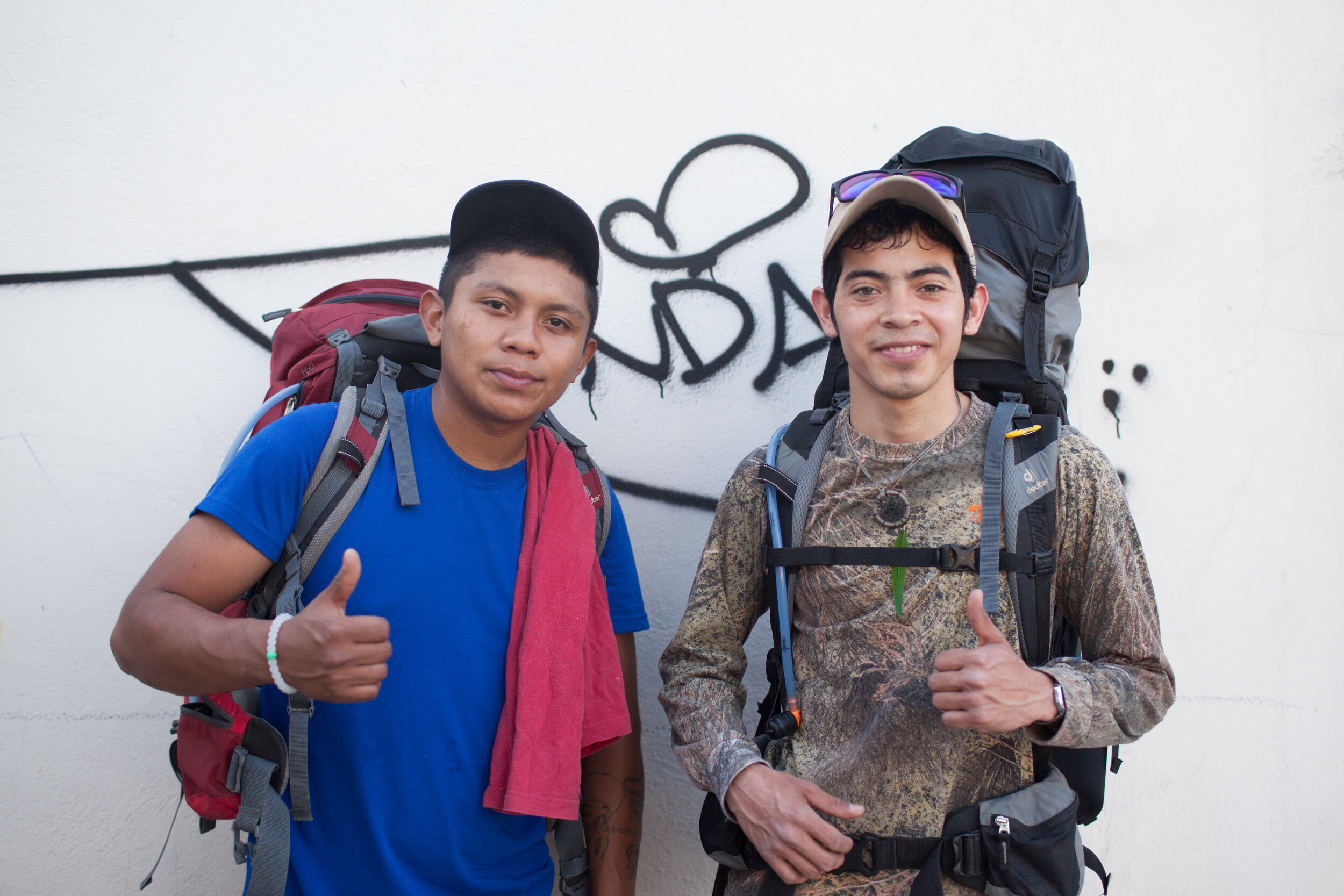Escalando Fronteras
Bringing Mexico’s Inner-City Youth to Their Mountains
By Tiffany Hensley | September 19, 2019
Escalando Fronteras in Potrero Chico during their regular Sunday program. Photo Credit: Savannah Cummins, The North Face Athlete
Mexico’s world-famous climbing areas El Potrero Chico and El Salto, located within a few hours of Monterrey, are hotspots for foreign climbers from all over the world. However, for the local inner-city youth the mountains may as well be a thousand kilometers away. With one of the largest wealth gaps in Latin America, nearly 60% of Monterrey’s inhabitants work as unregistered laborers, and the government is unable to regulate 52 recognized marginalized neighborhoods of the city, called “poverty polygons.” From the bare concrete roofs of these neighborhoods, a small child can see only a horizon of glass and concrete skyscrapers, and the nearby mountains remain strange shapes in the fog of air pollution that rivals Mexico City’s.
In 2014, a professor of sociology and development living in Monterrey named Nadia Vasquez was approached by American climber and social researcher Rory Smith. Smith proposed the idea of using rock climbing to draw the city’s gang-affiliated youth away from drugs and crime towards the mountains. This idea grew into the organization Escalando Fronteras (EF) translated as Climbing Borders. “In the very beginning, we were very clear that we would work with youth who were part of a gang or who were at risk of being part of a gang,” says Vasquez in a nationally circulated 20-minute documentary. Their goal wasn’t to reach a high number of youth, but rather focused on changing behavior, thereby giving them the strength to change their situations. “Climbing Borders was about a self-understanding that changes the living conditions of these kids.”
Cesar Galvan, a participant-turned-mentor, learning to guide in the local canyon. Photo Credit: Francesca Cesario
Every Sunday morning, the program's bus rumbles up to the neighborhood at 9am, prompting a group of 20 or so regular attendees, from 2 to 18 years old, to leap on the bus to go rock climbing in their local crag, La Hausteca. While using climbing to hook kids' interest, EF supplements the outdoor climbing with a mix of social, psychological or educational exercises while the ropes are being set up. The program's activities are designed to help youth develop the tools for emotional intelligence, cognitive thinking, self-confidence, and self-awareness.
A 7-year-old participant, Vanessa, bouldering for the first time in a sector developed by volunteers of EF. Photo Credit: Sasha Turrentine
Escalando Fronteras’ program is focused on climbing but has collaborated to provide other resources including tuition, therapy, rehabilitation, school supplies, and Christmas gifts. In one complicated case, one of the founders personally intervened with a family to help relocate five neglected siblings to another home. Directors even take part in community projects, collaborating with other organizations to tackle serious infrastructure problems.
Vasquez describes some of these infrastructure problems in Monterrey, Mexico: “We live in a world where on one side very few people monopolize a great quantity of resources. And, on the other side, there is a big population that lives in poverty and vulnerability. They're not there because they're lazy, or less intelligent, or less capable – they are there because the system doesn't want them to leave. And we very rarely reflect on our participation in this dynamic.”
Youth leaders Juan and Asael, part of the team that sets up ropes on Sunday for the younger participants. Photo Credit: TIffany Hensley
EF's own participation in this dynamic is steered by the Vasquez's belief in qualitative data over quantitative: they focus on behavioral change as one of the measurements of success - a more long-term solution following the example of the saying, 'give a man a fish, and he'll eat for a day; teach a man to fish, and he'll eat for a lifetime'. As Ambassador Lynn Hill said, "It is important to remind kids to pursue their passions and dreams", and so with the positive support of the EF team, volunteers, and mentors, participants realize the power of chasing their own goals. The goal is that when they leave the program, kids continue to take initiatives in ways that will benefit themselves, and ultimately their friends, families and communities.
Walking back into Lomas Modelo on a Sunday evening, filled with pride and fresh memories of positive encouragement, kids are armed with a renewed self-confidence, strength, and a little more self-understanding. On the trek back to their homes, participants pass the same graffitied walls and trashed alleys and witness the same effects of alcohol and drug abuse, violence, and crime in their communities. But there is a significant difference: the self-confidence and sense of community that they have built with each other through climbing.
Check out Escalando Fronteras at their website.





